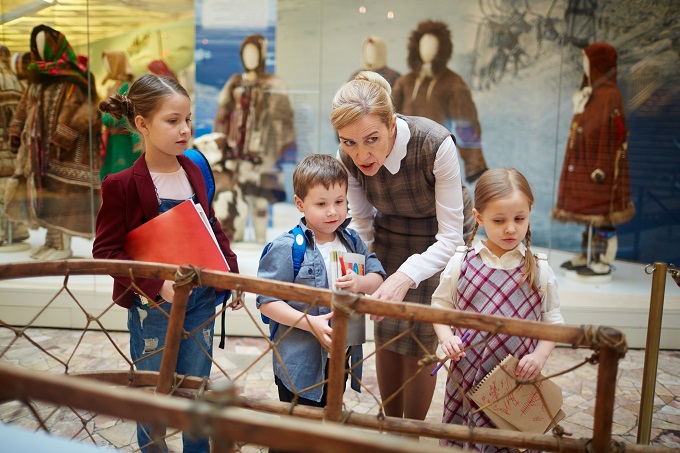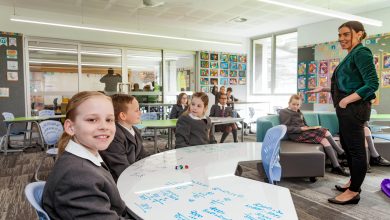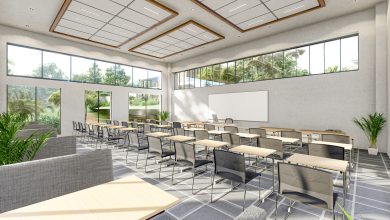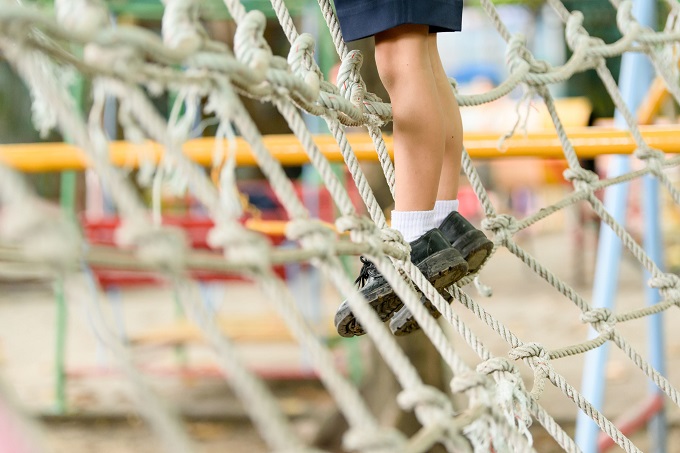Real life, real stakes, real learning

With the creeping focus on real-world context, LEOTC has never been so explorative, engaging or exciting.
The sky’s the limit now for learners, so long as schools get creative with how to integrate learning areas. Before heading out on your LEOTC adventure, have students pitch projects or assign tasks that can frame their learning.
Arts and humanities
What if students had to design an art piece, performance or presentation for a local charity or community group? An excursion to an arts centre, theatre, gallery or festival suddenly becomes important research. Students can prepare questions for show directors, actors, artists and art historians about how to design and market a show. They can follow-up a visit by reviewing what they’ve experienced, noting things they would do differently and why. How can an art exhibit impact a community? Older students could take a journalistic approach, interviewing members of the public and compiling a zine or class newspaper filled with different stories, reviews, photos and content from the trip. How about a film project? Factoring a long-term project into your LEOTC plan for 2020 is a great way to combine subject areas and meet curriculum goals.
STEM
Setting students up with the right expectations before a trip can make all the difference. For STEM-related activities and excursions, students could be tasked with replicating something they are about to see, or designing a display for a STEM fair based on what they’ve learned once they return Sustainability is a huge curriculum drive: why not task students with scouting as many examples of sustainability in action as they soak up a new city. Assign students jobs: they must brainstorm sustainable solutions to a problem they come across on the trip, or find out about a solution that has/hasn’t worked.
Planning local
School groups do not always need to travel far to organise effective and engaging external activities. Organising regular visits to a botanical garden, lake, river or other scenic locale can provide valuable learning experiences. What do you observe during different seasons? Do animals migrate? What happens to the shore? Students can visit a public garden, analyse the soil and plant-life, then take what they have learned to create their own garden back at school.
Facilitate student learning about their local histories. Can you reach out to Indigenous leaders in your community? Engage students in where they are from by learning about the history of the land their school is built on. Hearing stories in local languages about local histories from community leaders can inspire young learners and strengthen intergenerational bonds.
Do you have a choir, band or drama club? Organising local visits to community centres, church or chapel events, fundraisers, etc., can be a valuable way to boost students’ confidence and skills. Gigs can raise the profile of your school and even raise money to fund more arts programs and resources at your school.
Getting to grips with rock climbing, abseiling, biking, navigation and a range of other outdoor skills can benefit students of all ages. Outdoor education programmes may lead students to apply for prestigious competitions and discover new career options. Many of these programmes allow students to achieve unit standards that will help them reach new heights along their education pathway.







